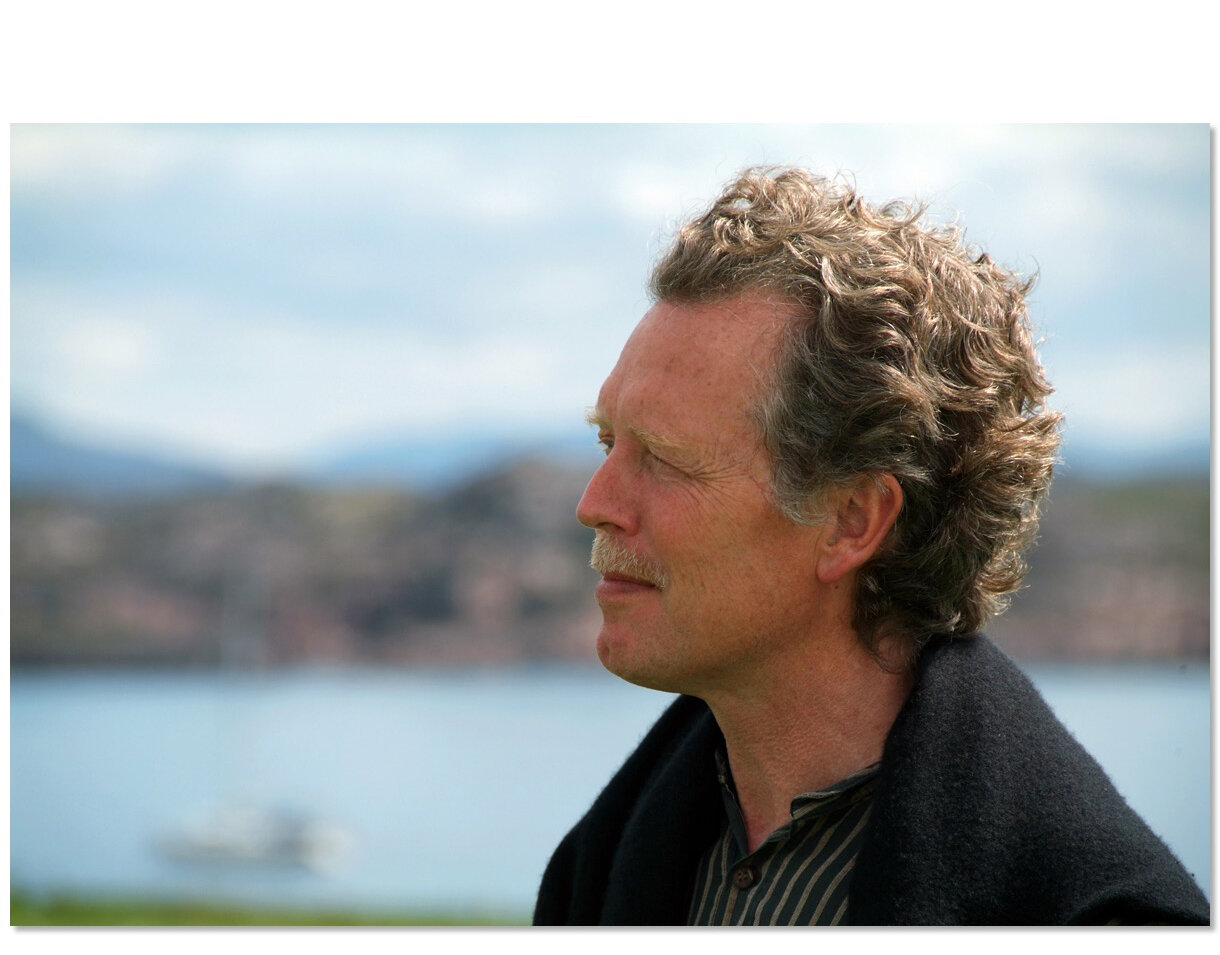
“Faith and Modernity” by Karen Armstrong
In the Western world, a strong belief in the objective truths of religion, which are viewed as incontrovertible, demonstrable facts, is regarded as essential to the life of faith. When asking if somebody is religious, people often inquire: “Does he or she believe?” as though accepting certain creedal propositions was the prime religious activity. Indeed, faith is equated with belief, but this equation is of recent provenance. Originally the meaning of the word “faith” was akin to trust, as when we say that we have faith in a friend or an ideal. Faith was not an intellectual position but a virtue: it was the careful cultivation, by means of the rituals and myths of religion, of the conviction that, despite all the dispiriting evidence to the contrary, life had some ultimate meaning and value.
SUPPORT WORLDWISDOM.COM AND MS. ARMSTRONGS WORK

"LISTENING: Two Ways Of Listening: John and Peter" by J. Philip Newell
The stream of Celtic spirituality, from Pelagius in the fourth century to George MacLeod in the twentieth, is characterized by the expectation of finding God within, of hearing the living voice of God speaking from the very heart of life, within creation and within ourselves. It is a spirituality that recognizes the authority of Saint John and reflects his way of looking and listening for God. At the decisive Synod of Whitby in 664, where two distinct ways of seeing, represented by the Celtic and Roman missions, came into conflict, the former allied itself to John. Coleman of Lindisfarne argued that the Celtic tradition originated from Saint John, the disciple who was, he said, “especially loved by our Lord.” Wilfrid, on the other hand, argued for the Roman mission, which, he claimed, was based on the authority of Saint Peter, whom he called “the most blessed Prince of the Apostles.” The tragic outcome of the synod was not that it chose the Roman mission but that it neither made room within the church for both ways of seeing or declared that both were firmly rooted in the gospel tradition.
BE A SUPPORTER OF MR. NEWELL’S WORK

Rob Bell Interviews John Philip Newell
In February, Rob Bell and John Philip Newell got together again for a riveting night of conversation, contemplation, and, when Rob Bell is involved, of course laughter. Recorded live at Largo – a stalwart and intimate music and comedy club in Los Angeles – their conversation was then converted into an episode of Rob Bell’s podcast, The RobCast. When these two teachers get talking, it’s electric. And it doesn’t hurt that they enjoy being together!
This interview uses John Philip’s book Christ of the Celts as an anchoring point, but covers a wide range of topics – original sin, the true meaning of being “born again”, the diaspora of the Christian household, grace, and more. Trust us – you don’t want to miss this stimulating, thought provoking, and at times delightfully glib and cheerful conversation.
BE A SUPPORTER OF BOTH ROB AND JOHN’S WORK

